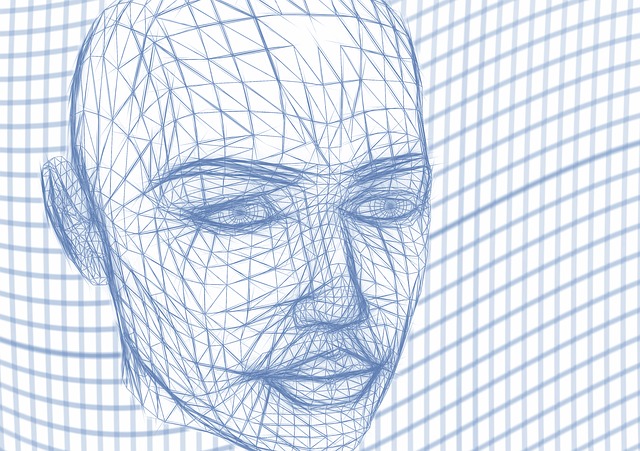Protecting Against AI’s Existential Threat
By Ilya Sutskever and Dario Amodei,
Wall Street Journal
| 10. 18. 2017
How to avoid the nightmare scenario of artificial intelligence? According to researchers from Elon Musk’s OpenAI, the trick is teaching machines to keep our interests in mind
On July 8, 2017, an AI system built by our research company, OpenAI, beat a semipro human player in solo matches of a battle arena video game called Dota 2. One month later, the same AI system beat a professional gamer ranked in the top 50. Three days after that it defeated the No. 1 solo Dota 2 player in the world. And it kept getting better: The Aug. 11 version of our AI beat the Aug. 10 version 60% of the time. Our AI learned to trick its opponents, predict what it couldn’t see and decide when to fight and when to flee.
Keeping a Careful Eye on AI
How do you create AI that doesn’t pose a threat to humanity? By teaching it to work with humans. Open AI collaborated with DeepMind, Google’s AI division, to design a training method that incorporates regular human feedback. The idea is to “humanize” AI...
Related Articles
By Julia Métraux, Mother Jones | 02.10.2026
Why was Jeffrey Epstein obsessed with genes? In the latest tranche of Epstein records and emails made available by the Department of Justice, themes of genes, genetics, and IQ—alongside more explicit threads of white supremacy—keep cropping up, often adjacent to Epstein’s...
By Teddy Rosenbluth, The New York Times | 02.09.2026
Dr. Mehmet Oz has urged Americans to get vaccinated against measles, one of the strongest endorsements of the vaccine yet from a top health official in the Trump administration, which has repeatedly undermined confidence in vaccine safety.
Dr. Oz, the...
By Ava Kofman, The New Yorker | 02.09.2026
1. The Surrogates
In the delicate jargon of the fertility industry, a woman who carries a child for someone else is said to be going on a “journey.” Kayla Elliott began hers in February, 2024, not long after she posted...
By Alex Polyakov, The Conversation | 02.09.2026
Prospective parents are being marketed genetic tests that claim to predict which IVF embryo will grow into the tallest, smartest or healthiest child.
But these tests cannot deliver what they promise. The benefits are likely minimal, while the risks to...




